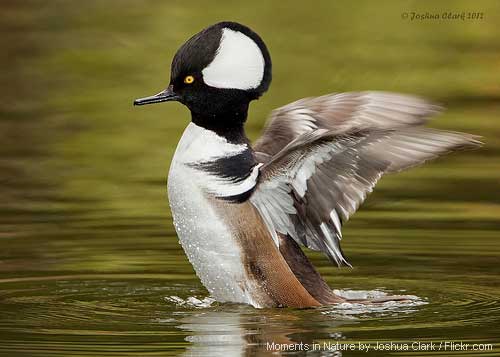When Americans talk about tar sands, one of the most pernicious and devastating industrial undertakings the world has ever seen, those lucky enough not to have a pipeline running through … Read more
boreal forest
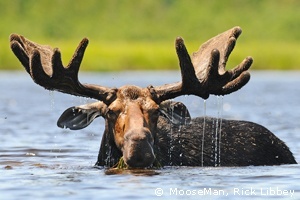
Northeasterners Fight Back Against Tar Sands Project
The tar sands industry — responsible for toxic oil spills across the Midwest and Arkansas — is plotting to bring this dirty fuel straight through New England. They seek to reverse the flow … Read more

Keystone XL Paints Bleak Future for Caribou
I remember seeing the images of the tar sands region in Alberta, Canada for the first time: a lifeless wasteland of massive open pit mines, smokestacks spewing thick black fumes, … Read more
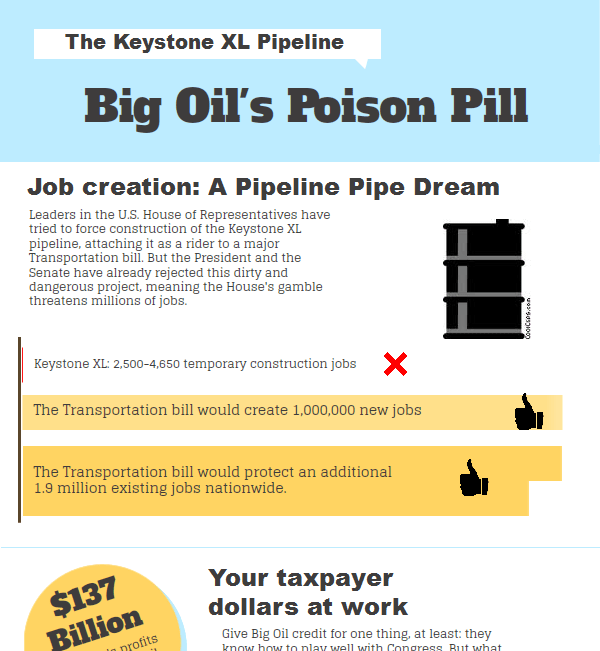
Infographic: Keystone XL – Big Oil’s Poison Pill
More than two full years into the fight against Keystone XL, the stakes are as high as ever. Check out these quick hits for more info on what the dangerous pipeline means for people and wildlife. Read more

TransCanada Reapplies for Round 2 of Keystone XL Fight
Keystone XL, the “zombie pipeline,” is officially back from the grave. TransCanada, the corporation behind the massive tar sands project, reapplied on Friday for a Presidential Permit to begin construction. … Read more
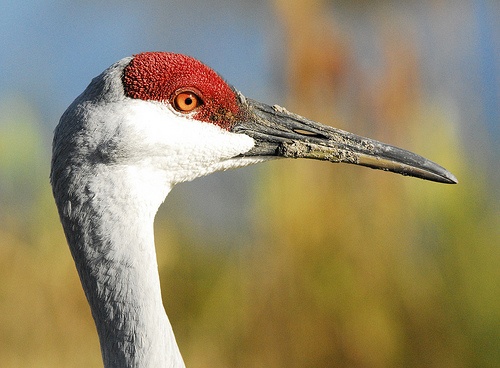
Sandhill Cranes: an Ancient Bird, a New Threat, and How You Can Help
What does Big Oil have in store for one of the planet’s oldest residents? Find out more about this amazing animal and its trek across our continent — and how Canada’s tar sands industry puts it in danger. Read more
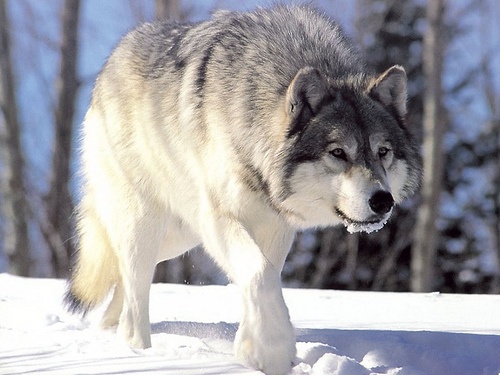
Wildlife in Peril: Nine Species in the Tar Sands War Zone
Canada’s boreal forest is one of the last intact ecosystems on earth — but the fate of its wildlife is in doubt, thanks to the oil industry. Learn more about these remarkable animals, and find out how you can help protect them. Read more
Big Oil’s Threat to Northwest Salmon
For thousands of years, the Pacific Northwest’s Columbia and Snake rivers supported the most diverse and abundant salmon and steelhead populations on Earth. But in recent decades, these iconic fish … Read more

